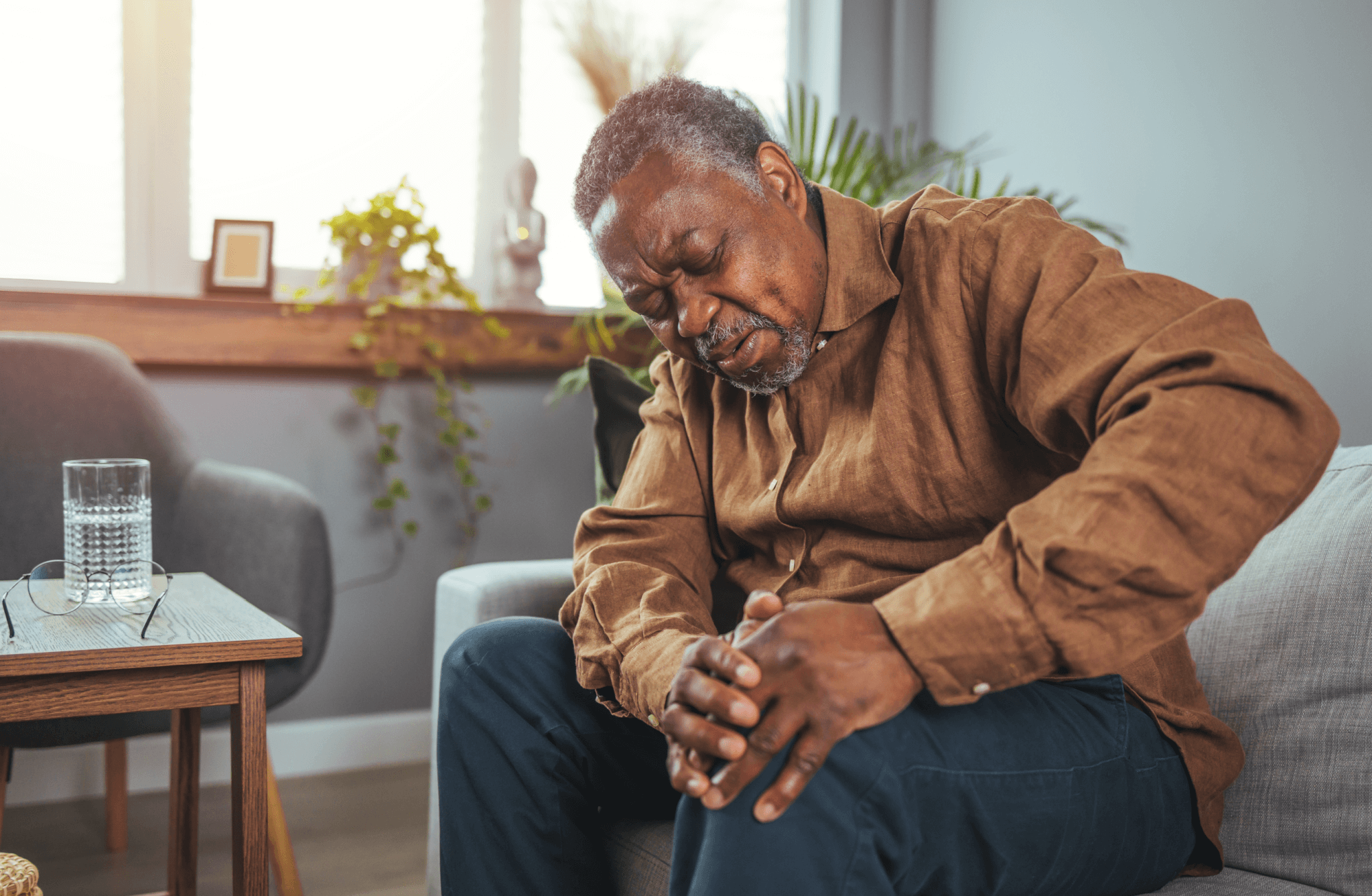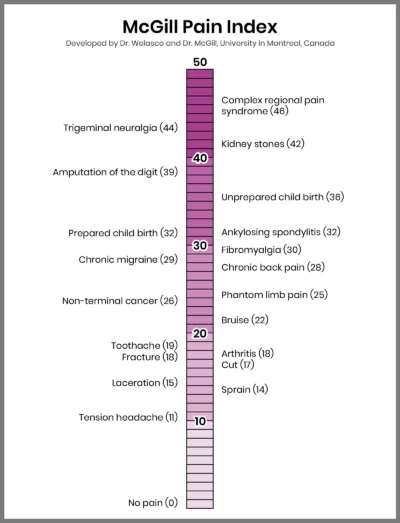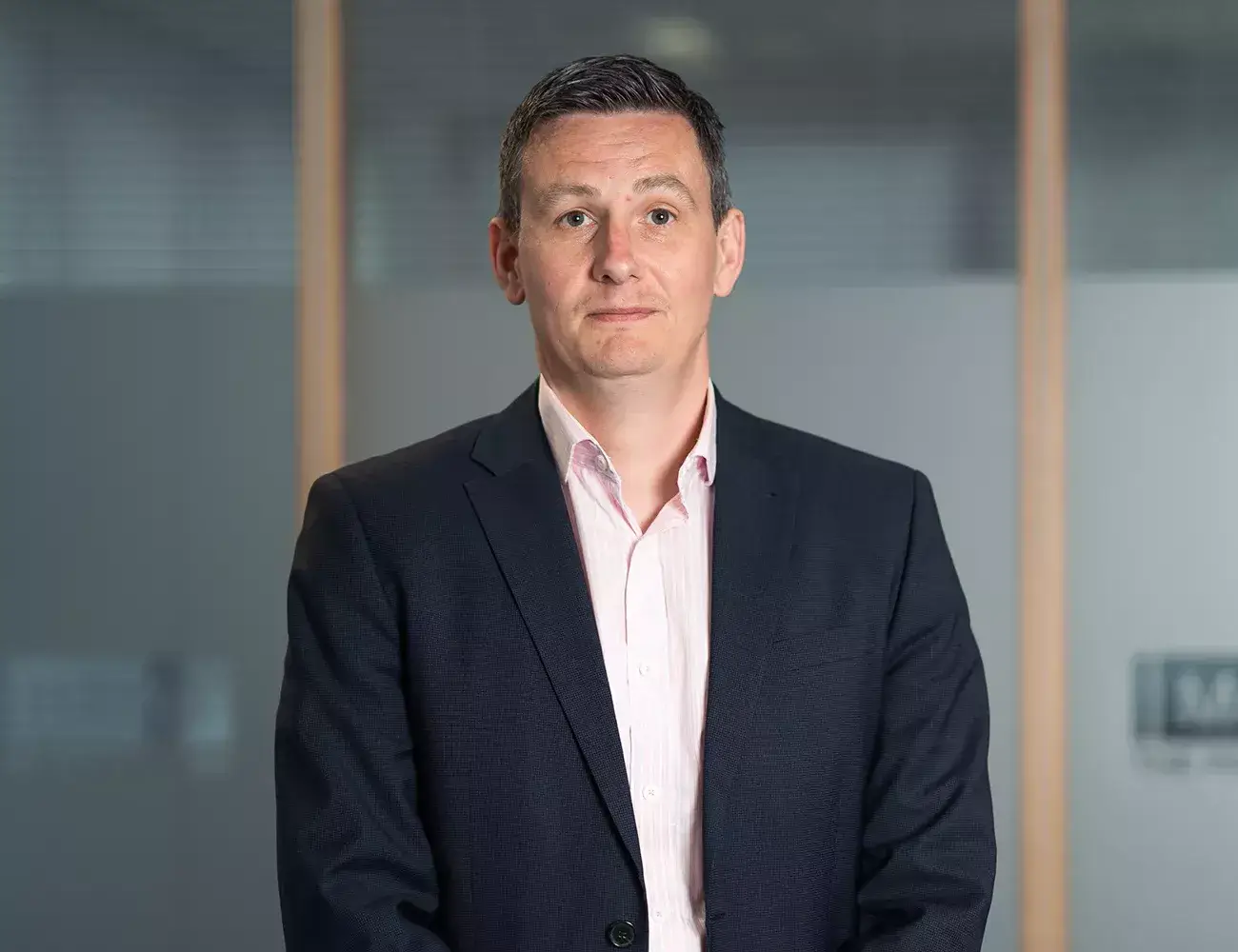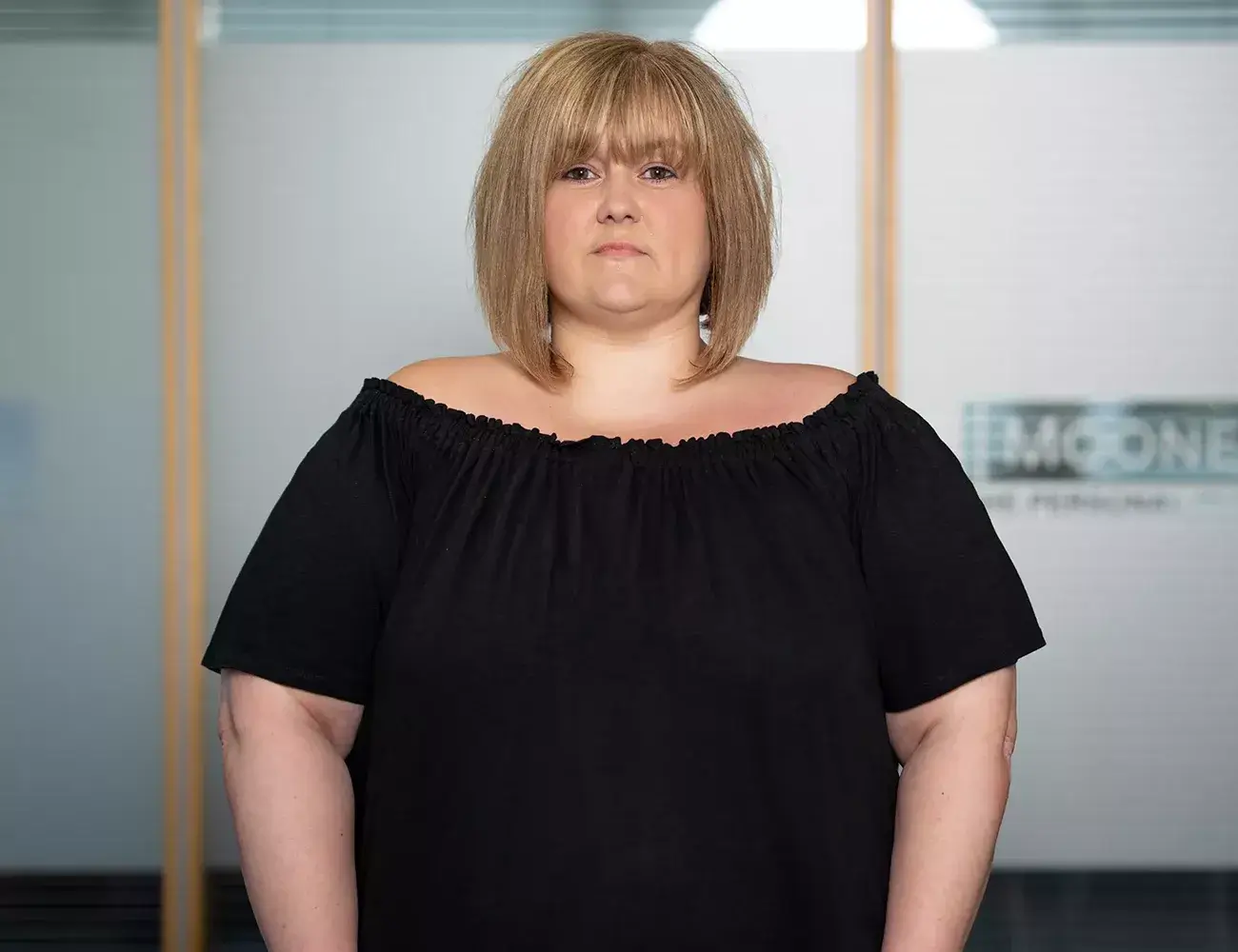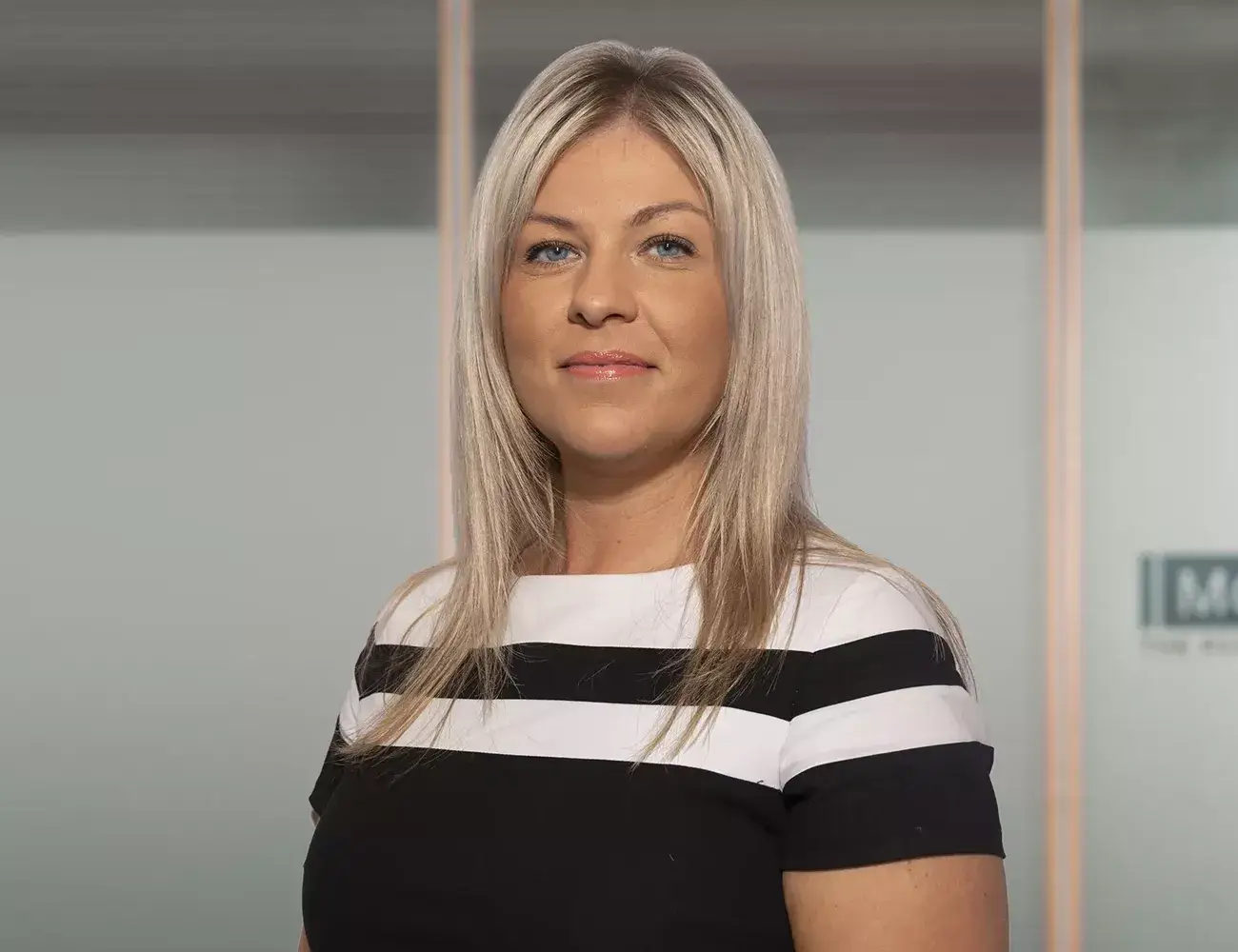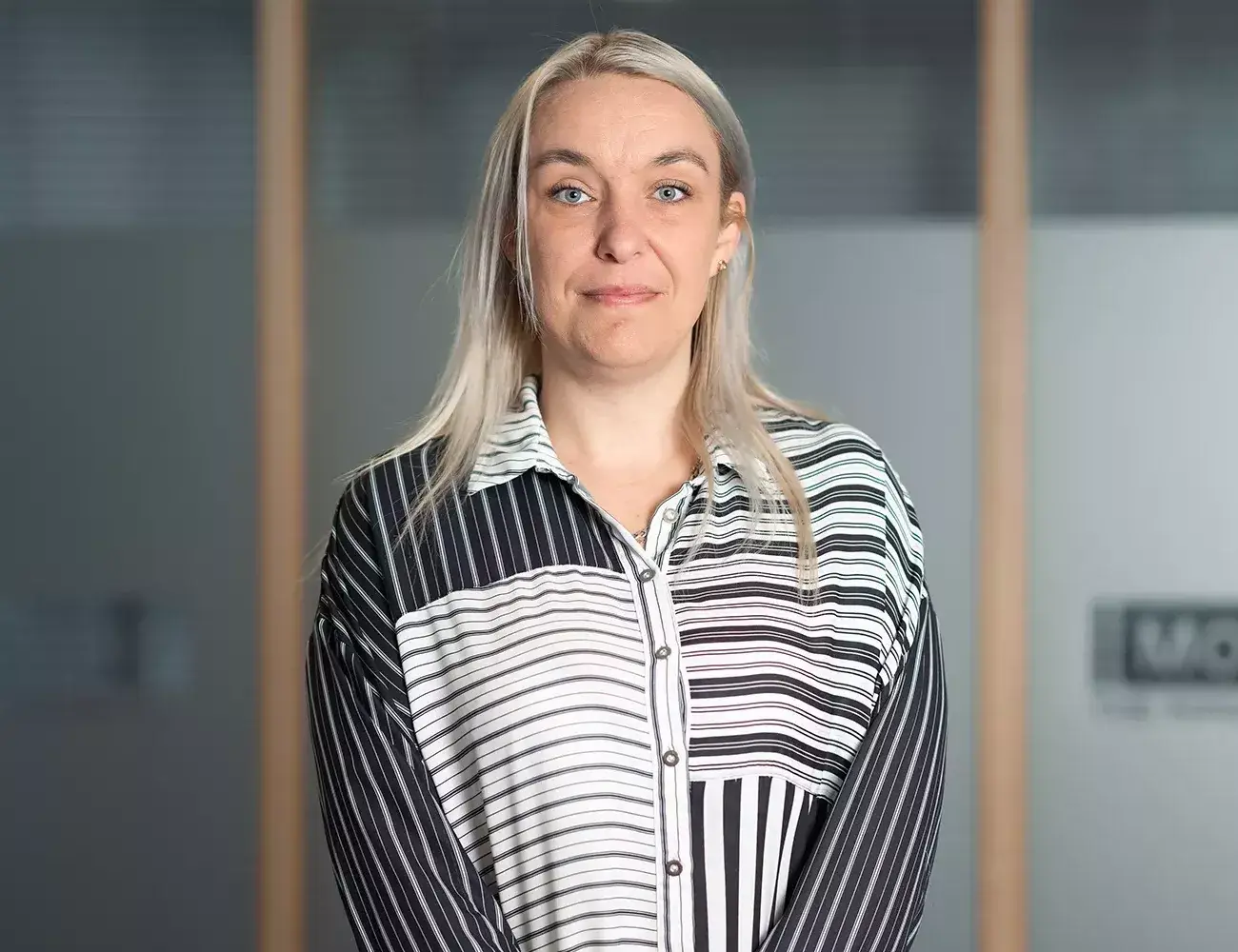Complex Regional Pain Syndrome (CRPS) is a chronic pain condition. CRPS commonly results from a limb injury, such as a fracture or laceration, although a minor injury can trigger it. Around 16,000 people in the UK are affected by CRPS.
When CRPS occurs as a result of personal injury sustained in a car accident, slip, trip and fall accident, or an accident at work caused by another person or entity, the individual affected may be entitled to claim compensation for their pain and suffering, medical expenses, loss of earnings, and other substantial damages.
However, proving the existence and severity of CRPS can prove difficult because it is a complex and poorly understood condition. It requires the expertise of medical professionals specialising in pain management and CRPS to diagnose and assess the individual’s condition accurately.
Bringing a successful Complex Regional Pain Syndrome compensation claim can be equally challenging. However, this should not deter anyone who believes their CRPS was brought on by an injury sustained in an accident that was not their fault from contacting an experienced firm of personal injury solicitors like Mooneerams Solicitors to discuss the possibility of claiming compensation.
You can call Mooneerams Solicitors on 029 2048 3615 to speak confidentially with one of our experienced serious injury compensation solicitors.
What is Complex Regional Pain Syndrome?
Complex Regional Pain Syndrome (CRPS), also referred to as Reflex Sympathetic Dystrophy (RSD), is a chronic pain condition, the cause of which remains unclear. What is known is that it often develops as a result of an individual suffering personal injury in an accident. CRPS usually affects the arms and legs, particularly the hands, feet, wrists, and ankles.
Most people recover from the effects of the initial injury reasonably quickly. However, when the initial injury triggers CRPS, this condition is identifiable by excruciating pain and inflammation.
CRPS victims experience both persistent, debilitating pain and spontaneous bouts of pain. The condition usually affects a single limb but can spread to other areas of the body.
The initial injury that sets off Complex Regional Pain Syndrome may be as minor as a cut finger. Even where the initial injury sustained in the accident is more severe, such as a fracture, the subsequent pain from developing CRPS is disproportionately more painful than the initial injury.
It is possible to manage CRPS with medication and therapy, but there is no cure. Most people recover over time, but as some people do not respond to treatment, their quality of life is drastically reduced during the period that they suffer from the symptoms of CRPS.
Some people who develop CRPS may suffer from the effects of the condition over a more extended period and, in some cases, for the rest of their lives.
On the McGill Pain Scale, CRPS registers a score of between 42 and 46 out of 50. This is a higher level of pain than would be experienced by having a finger amputated without using anaesthetic.
Not long ago, many considered CRPS to be a figment of the imagination, in other words, a mental illness. More recently, the medical and legal professions have moved on from that position. CRPS is most definitely a physical condition and a painful, debilitating one at that.
However, individuals who have to live with consistently high pain levels over long periods can develop mental health issues such as PTSD and depression, as a result of living with the condition.
Can I claim for Complex Regional Pain Syndrome compensation?
You can claim compensation for CRPS so long as:
- The accident that caused the initial injury occurred within the last three years.
- The accident was the fault of somebody else, for example:
- Your employer, in the case of an accident at work
- Another road user, in the case of a road traffic accident
- A local authority, in the case of a slip, trip or fall injuryon the pavement
- A medical practitioner in the case of an injury caused by medical negligence.
If you suffer an injury in an accident that was someone else’s fault and are later diagnosed with CRPS, you may be able to bring a claim for CRPS compensation against the person or entity, e.g., an employer if the accident was work-related or local authority in the case of a trip or slip accident.
You may still be able to claim for CRPS even if you have already made a successful compensation claim for the initial injury incurred in the accident.
Why Should I choose Mooneerams Solicitors to handle my CRPS claim for me?
At Mooneerams Solicitors, we have been helping the victims of accidents to get the justice they deserve for over 21 years, and our qualified solicitors have over a hundred years of post-qualification personal injury litigation experience between them.
Our serious Injury team is dedicated to handling personal injury cases of the utmost complexity and has recovered millions of pounds worth of compensation for clients who have suffered catastrophic injuries due to accidents that were not their fault.
Not all personal injury solicitors have the knowledge and expertise to successfully handle Complex Regional Pain Syndrome claims. Mooneerams Solicitors have the experience and expertise required to recover not only the maximum compensation possible for clients suffering from CRPS but also to assist them in accessing the best treatment, rehabilitation and support available to manage their condition and improve their quality of life.
Our serious injury team understands how daunting the prospect of making a Complex Regional Pain Syndrome Claim can be, especially whilst you are struggling with the disabling symptoms caused by CRPS. Our dedicated team will guide you through the process and be on hand to answer any questions you have. We’ll take the strain of the claim off your shoulders, so you have one less thing to worry about.
How much compensation can I get for a Complex Regional Pain Syndrome Claim?
If your CRPS claim is successful, you can expect to receive:
General damages
General damages are compensation for pain, suffering and loss of amenity. ‘Loss of amenity’ refers to the extent to which your day-to-day life has been affected by CRPS.
The amount of compensation you will receive in a successful CRPS claim depends on various factors but mainly on the severity of your condition and the effect it has on your daily life.
During the claims process, you may see several medical specialists, all of whom will be experts in the different aspects of CRPS. These experts will produce medical reports detailing the extent of your condition and how long it is likely to be before you fully recover from the effects of CRPS.
If your symptoms are ongoing, you may need follow-up medical examinations and their additional reports will add more detail and updates on how long they anticipate you will suffer from the symptoms of CRPS.
If your condition has caused you to suffer a recognised mental illness in addition to the physical problems the condition has caused, you can claim for this. We’ll obtain the appropriate reports from the relevant medical experts, such as psychiatrists and psychologists.
The information the medical reports contain will provide the basis for calculating how much we believe your general damages claim is worth. Then, we will seek to negotiate a settlement with the solicitors acting for the insurers of the person who caused the accident.
If it isn’t possible to agree on a settlement with the other side, it will be necessary for a judge at court to decide how much you should receive for general damages. However, most cases are settled without having to go to court.
We will advise you on what we think your claim could be worth after we have obtained all the necessary evidence to enable us to do this.
General damages will also include compensation to cover future losses you may incur, particularly if you continue to suffer from the effects of CRPS for a prolonged period.
Special Damages
As well as compensation for general damages, you may also have financial losses that you have incurred and need to recover. Special damages include any claim for loss of earnings, travel expenses incurred for medical treatment, and other out-of-pocket costs.
This will also cover any future losses that you are likely to incur as a result of the injury, such as future treatment, care needs or adaptations to your home, which have become necessary as a result of your condition and the requirement for more space to accommodate an adjustable profiling care bed.
The total compensation you receive will consist of both general and special damages. It’s essential that we go through every aspect of the various damages you can claim in great detail to ensure we recover the maximum compensation possible.
What are the Symptoms of Complex Regional Pain Syndrome?
The primary symptom is acute pain at the site of the injury. The pain is often described as a burning sensation, whilst other CRPS sufferers say they experience a stabbing or stinging pain. What is beyond doubt in all CRPS cases is that the pain brought on due to CRPS is acutely more painful than that caused by the initial injury.
The pain may come in waves or ‘flare-ups’, meaning there are periods of acute pain, lasting days, weeks or months, followed by temporary respite before the pain occurs again. Further symptoms include:
- Sensitive skin in the area affected by CRPS
- Flare-ups brought on by stress
- Intense pain when the skin is touched (allodynia). Catching the skin by accident can set off acute pain, as can a change in the ambient temperature (hyperalgesia).
- A feeling that the affected limb does not form part of your body
- The limb may feel bigger or smaller than the corresponding limb.
- The skin alternates between being hot and red or cold and sweaty.
- Changes to your hair and nails
- Oedema – limb stiffness
- Dystonia – tremors and muscle spasms
- You may have trouble trying to move the affected limb.
- Insomnia
- Osteoporosis – small areas of fragile bones
- Skin infections and open wounds
- Muscle wasting (atrophy)
- Muscle shortening
Can Complex Regional Pain Syndrome cause psychological problems?
The persistent chronic pain caused by CRPS is highly distressing for the individual, and feelings of helplessness are common. Many people with CRPS suffer from depression and some harbour suicidal thoughts.
How is CRPS diagnosed?
Diagnosing CRPS can be difficult because many symptoms are similar to other illnesses. Methods to diagnose CRPS include:
- Blood tests
- X-rays
- Nerve conduction studies – to check for any damage to the nerves
- MRI scans
- Check up with the doctor to look for signs of swelling or other physical symptoms of CRPS.
If the tests confirm a diagnosis of CRPS or are inconclusive, your medical advisers will refer you to a nearby pain clinic for treatment.
How is CRPS treated?
Usually, treatment will consist of a mixture of therapy types:
- Medication in the form of prescribed pain relief
- Education about the condition and how to self-manage
- Physical rehabilitation from occupational therapists and physiotherapists to improve limb function using exercise, desensitisation, mirror visual feedback and graded motor imagery
- Psychological support and therapy, including CBT (cognitive behavioural therapy), to help with the management of pain and counteract the feelings of depression, anxiety and suicidal thoughts that often accompany CRPS
What are the different types of CRPS?
There are two different types of CRPS. The symptoms of each are similar; however, their causes are different.
- CRPS Type 1 used to be called reflex sympathetic dystrophy or RSD, and it is triggered when an accident causes a limb injury but doesn’t cause damage to the nerves in the limb.
- CRPS Type 2 results from a nerve injury and, previously, was known as ‘causalgia’.
What are the stages of CRPS?
Stage 1 CRPS (acute) lasts between one and three months.
During Stage 1, the person suffering from CRPS may experience:
- Skin changes
- Mottled skin
- Pain and swollen joints
- Muscle spasms
- Rapid hair and nail growth
- Pain in the affected limb becomes worse with even the slightest touch
- Skin temperature changes from hot to cold at will
Stage 2 CRPS (subacute) lasts from three to six months
- Common symptoms at this stage include:
- Muscle weakness
- Hair grows at a slower rate
- Increasingly severe pain in the affected limb
- The nails become brittle and break easily
- Stiffness in the joints
Stage three, CRPS (chronic), is where the irreversible effects of CRPS start to appear, and it is necessary to introduce dedicated pain management.
At this stage, there will be:
- Muscle wasting
- Constant (or nearly constant) pain in the affected limb
- Limited limb movement as muscles and tendons tighten
It is important to stress that not every person who gets CRPS will go through each stage of the illness in a consecutive sequence. Nor is it the case that everyone who gets CRPS will progress through all three phases of the condition.
How do I start a claim for CRPS compensation?
- Contact Mooneerams Solicitors now on 029 2048 3615.
- We’ll make an appointment for you to talk to one of our Serious Injury Team. We can talk to you on the phone, arrange to meet with you via Zoom or Microsoft Teams, see you at our offices or even come to see you at home.
- After discussing your situation with us, if we think your CRPS claim has reasonable prospects of success, you can decide whether you would like to make a personal injury claim. It is your right to choose any solicitor to act for you, but we hope you will decide that Mooneerams Solicitors is the right law firm for you.
Can I make a No Win No Fee Complex Regional Pain Syndrome claim?
We usually fund CRPS compensation claims by offering clients the benefit of a No Win No Fee agreement.
The benefit to you of signing No Win No Fee agreement is that you will have no costs to pay upfront, and if your claim is unsuccessful, there will be nothing to pay to anyone.
Before entering into a No Win No Fee agreement with Mooneerams Solicitors, we will carefully explain how the arrangement works to ensure total clarity and transparency.
Call Mooneerams Solicitors now on 029 2048 3615 to start your claim. If you prefer, you can fill in a form on our website here, and after we receive your details, we’ll call you back.

